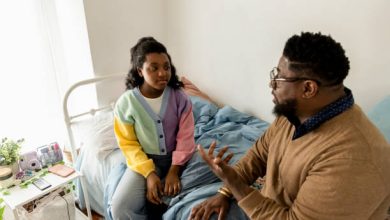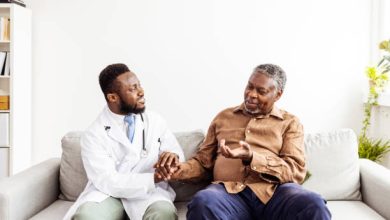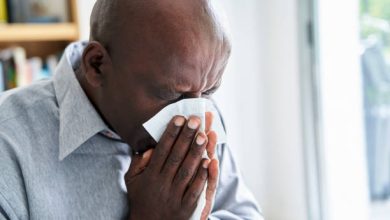Comedian Shares How Two Strokes Almost Ended His Career: ‘I Fought Through’ – BlackDoctor.org
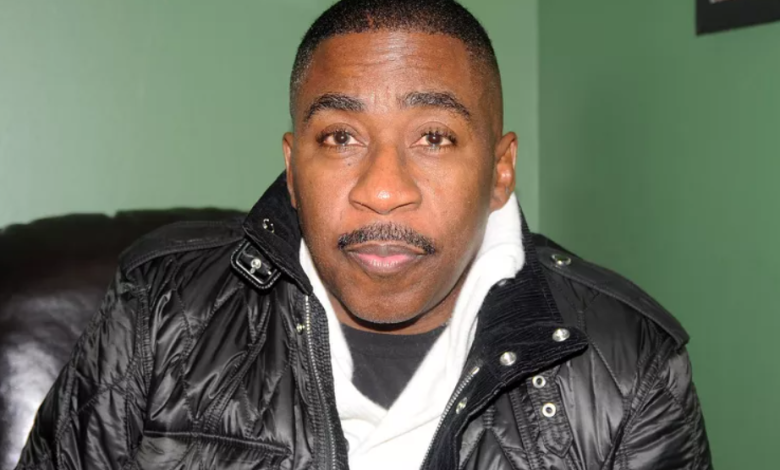
Robinson’s journey began in February 2016 when he suffered his first stroke. However, it took him some time to acknowledge the severity of his condition and seek medical attention. He vividly remembers waking up one morning with the entire right side of his body “leaning.” Despite this alarming symptom, he brushed it off, took some aspirin, and carried on with his day. It wasn’t until his vision started to blur while filling out paperwork that the possibility of a stroke was mentioned by his concerned cousin, Nick. Robinson, however, dismissed the idea, attributing it to his unwavering belief that “Robinsons don’t have no f—ing strokes.” He continued to ignore the symptoms and opted for more aspirin instead.
As the day progressed, Robinson’s condition worsened, with the right side of his body intermittently going numb. By midnight, after an appearance on a radio show, it became evident that something was seriously wrong. A friend rushed him to a hospital in New York, where doctors confirmed that he was indeed experiencing a stroke.
Robinson, however, was still in denial about his condition until the following morning when he woke up and realized that his right side was still paralyzed, accepting, “Oh, I’m having a stroke.”
The cause of Robinson’s stroke was attributed to his high blood pressure, a condition he had neglected to manage effectively by skipping his medication.
“I had plenty of time to get my blood pressure in check but I ignored a lot of the blood pressure medicine. So at the hospital, my blood pressure was 205/140.”
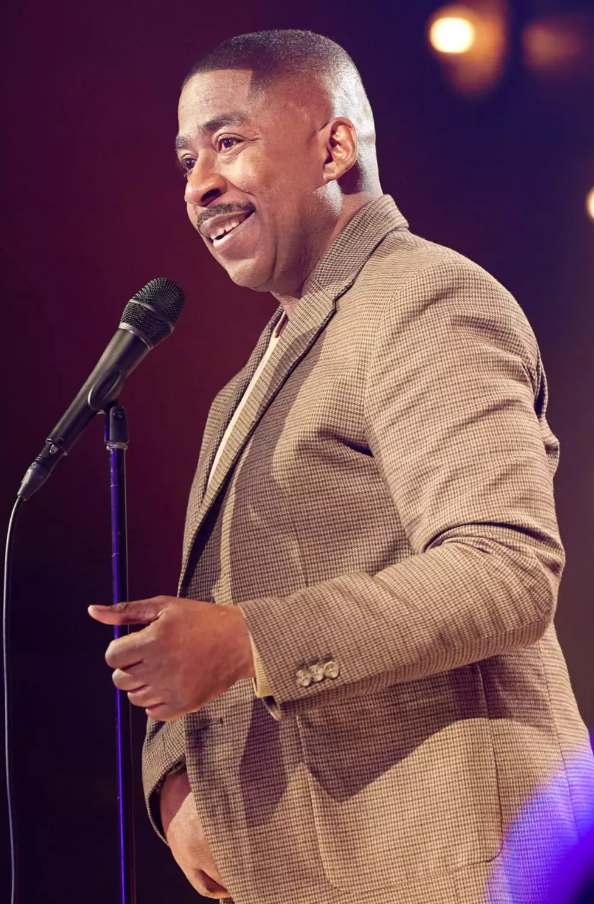
Admitting his folly, he confessed, “Just me being hard headed.” Fortunately, it was a minor stroke, and after some light rehab, he was discharged from the hospital within a month.
Robinson’s road to recovery was swift, and he was back on stage within a month of his discharge, with minimal lasting effects from the stroke. However, his cavalier attitude towards his health would soon lead to another, more severe stroke in 2020.
In 2020, while traveling to Arizona for a rendezvous with a longtime friend, Robinson suffered his second stroke. Excited for the trip, he indulged in numerous drinks on the flight and even took a Viagra in anticipation. However, upon landing, he realized something was wrong as he experienced symptoms similar to his first stroke. Despite this, he chose to spend the night with his friend instead of seeking immediate medical attention. It wasn’t until the following morning, when he could barely walk, that he was rushed to a hospital in Phoenix, where doctors confirmed another stroke, caused once again by his high blood pressure and cholesterol.
Robinson’s second stroke was more severe, resulting in life-altering disabilities. It left him immobile on his right side and severely impacted his speech, rendering him unable to communicate effectively for nearly two years.
“The hospital takes away your freedom to do,” he tells PEOPLE. “They treated me like I was radioactive and that was chipping away at my mental health. They have a one-size-fits-all solution to treat all stroke victims. They’ve got a protocol.”
“It was a feeling of helplessness. I called my brother and said ‘Get me out of here now.’ My mental health was so bad I couldn’t stand another day,” Robinson adds sharing that he left the hospital a month earlier than he was supposed to.
However, his determination to recover never wavered. With the support of his loved ones, he focused on his rehabilitation, undergoing physical therapy and diligently managing his medications.

“First recovery was great. Everyone came to see me, my friends and family. It was a party at the hospital all the time,” he says, also noting visits from fellow comedians Wanda Sykes, Amy Schumer and Kevin Hart. “But during the pandemic, no one can come see you. Not even your family.”
Despite the challenges, Robinson’s spirit remained unbroken. In March 2022, nearly two years after his second stroke, he bravely returned to the stage at New York City’s Comedy Cellar. The experience was nerve-wracking, as he was unsure if he could complete his sentences, but he persevered, performing for the first time since his strokes.
Robinson’s courageous journey and triumphant return to comedy are chronicled in his new Netflix comedy special, “Different Strokes”. Through his humor, he addresses the difficulties he faced during his recovery, aiming to inspire others to stay resilient in the face of adversity.
“It was the elephant in the room. I want people to know just by looking, it’s hard. But you got to be resilient,” he says. “It’s not easy having a stroke, and that should be known, but you gotta fight. That’s the main thing, staying resilient during the process.”
As he reflects on his journey, Robinson feels a sense of pride in his comeback. From not knowing if he would ever speak again to having an hour special on Netflix, his achievements are a testament to his resilience and determination. As he continues to navigate his new disabilities, Robinson remains optimistic, feeling grateful for how far he has come. He hopes that his story will serve as a reminder that, no matter the challenges, with perseverance and determination, anything is possible.
The Impact of Strokes on Black Americans
Strokes are a leading cause of disability and death in the United States, and Black Americans are disproportionately affected by this debilitating condition. According to the American Stroke Association, Black Americans have nearly twice the risk of having a first stroke compared to Caucasians, and they tend to have strokes at younger ages, leading to greater disability and mortality rates.
It’s crucial to recognize the signs of a stroke and seek immediate medical attention if you or someone you know is experiencing them.
Remembering the acronym FAST can help:
- Face Drooping: One side of the face droops or feels numb. Ask the person to smile. Is the smile uneven or lopsided?
- Arm Weakness: One arm is weak or numb. Ask the person to raise both arms. Does one arm drift downward?
- Speech Difficulty: Speech is slurred, or the person is unable to speak or understand speech. Ask the person to repeat a simple sentence. Is the sentence repeated correctly?
- Time to Call 911: If you observe any of these signs, it’s time to call 911 immediately. Time is critical in treating a stroke, and getting help quickly can minimize damage to the brain and improve outcomes.
In addition to these classic signs, strokes can also present with other symptoms, including:
- Sudden numbness or weakness in the face, arm, or leg, especially on one side of the body
- Sudden confusion, trouble speaking, or difficulty understanding speech
- Sudden trouble seeing in one or both eyes
- Sudden trouble walking, dizziness, loss of balance, or lack of coordination
- Sudden severe headache with no known cause
It’s important not to ignore these symptoms, even if they are temporary or seem to resolve on their own. Prompt medical attention is crucial in the event of a stroke to prevent further damage and improve outcomes.
